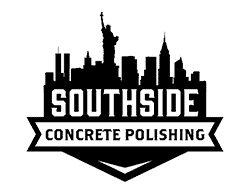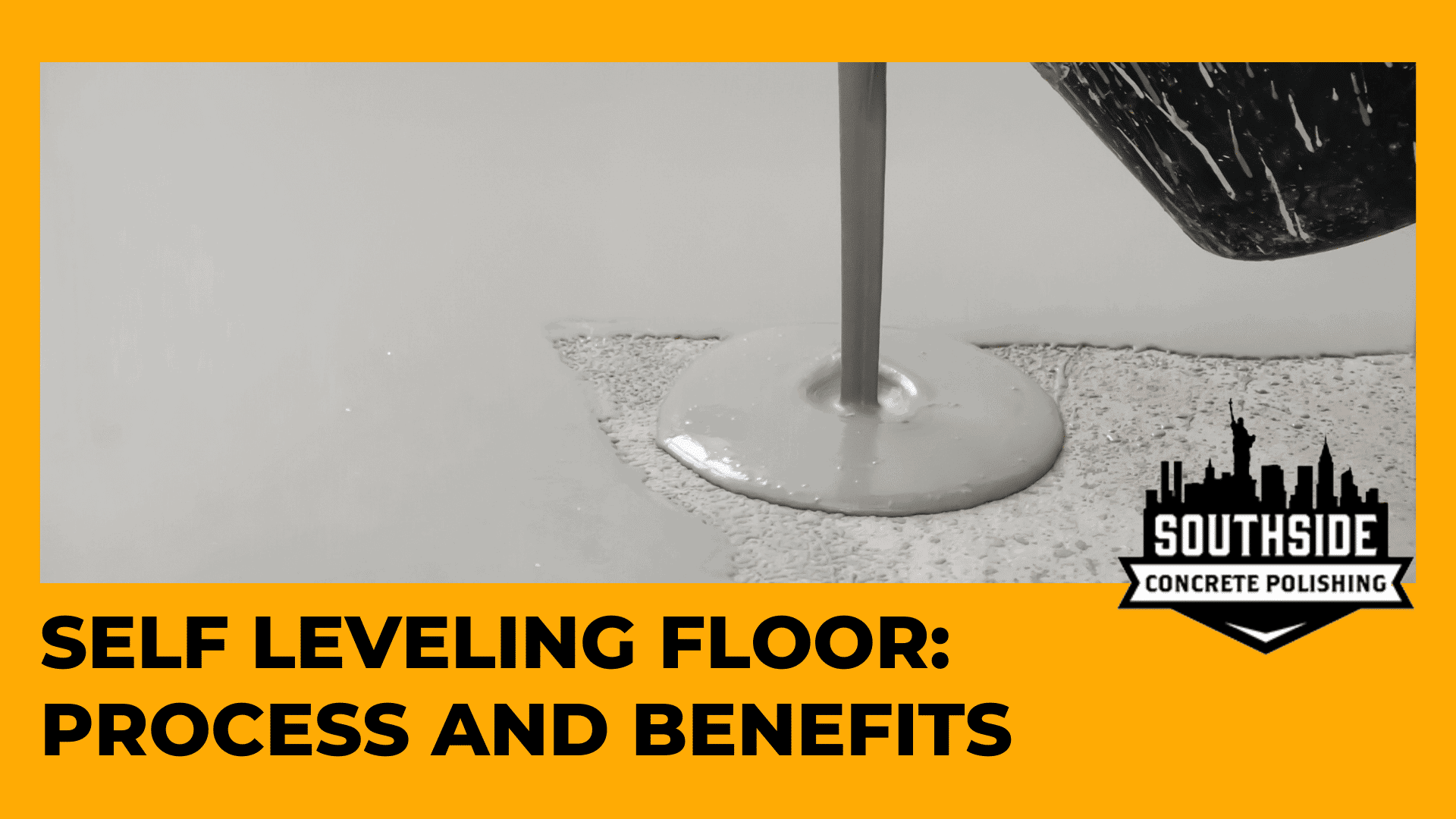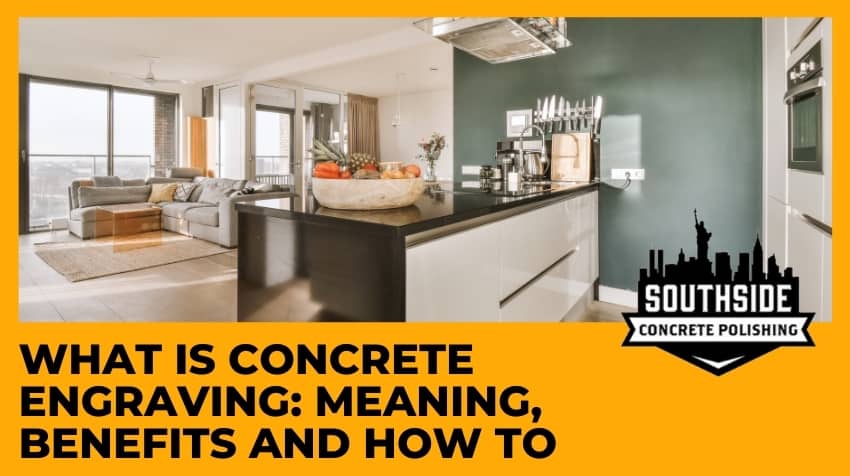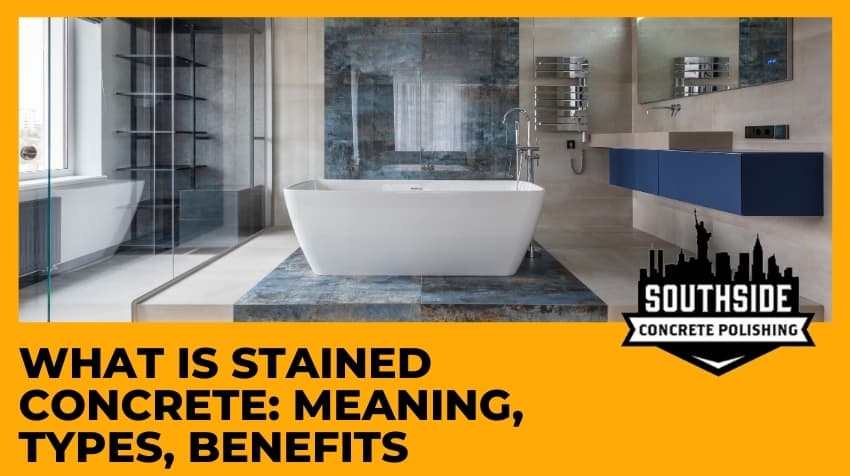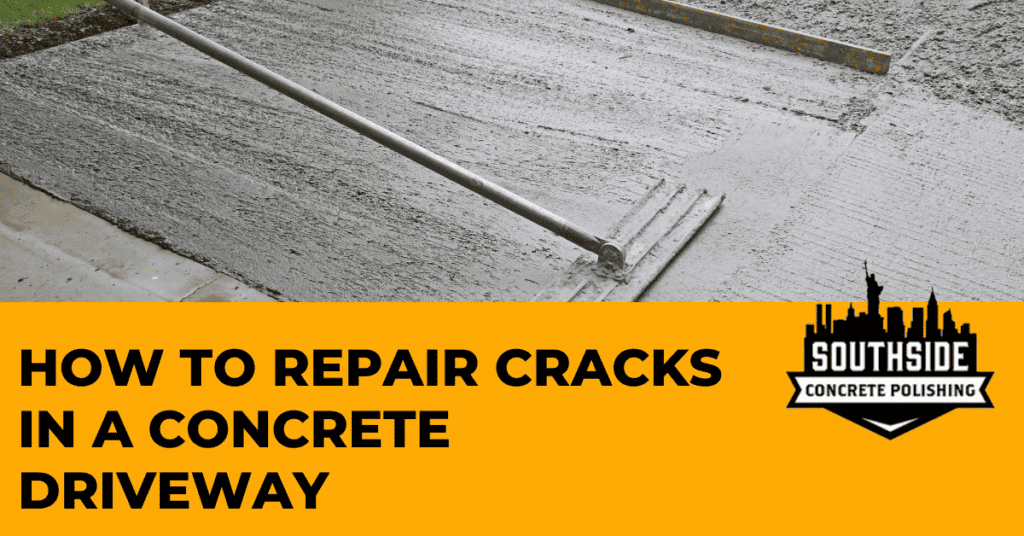Moving from luxury vinyl plank, wood patterns, and tiles floor, architects and homeowners now see the need for self-leveling flooring due to their ability to flow and level up without much manipulation. Other benefits such as easy cleaning, smooth surface with resistance to abrasion and chemicals, glossy appearance, and easy decorative overlays with multiple finish options are added advantages.
Self-leveling floors are of various types ranging from self-leveling concrete flooring or cement base self-leveling flooring to epoxy base self-leveling flooring and polyurethane self-leveling flooring.
In this blog post, you will be exposed to the most relevant information you need to know about the different types of self-leveling floors that will aid in a better choice for your project.
Types of Self-leveling Flooring
Various types of self-leveling flooring can be considered in your building projects, and they include:
1. Cement-based self-leveling flooring
It is made up of modified polymer cement that doesn’t require much water for placement due to its fluidity. This makes it a better option for reinforced concrete construction than its traditional concrete floor. Aside from that, it is easy to use, dries faster, and is highly resistant to mold growth.
As beautiful and needful as a self-leveling concrete floor, several types of it suit various purposes and choices depending on the self-leveling concrete compound present in them, which can be acrylic or water-based.
The acrylic concrete uses liquid acrylic polymer, while the water-based self-leveling concrete floor uses water to mix cement powder. The water-based self-leveling concrete is easier to use and ideal for beginners.
It is poured in liquid form and goes down ¼ to 1.5 inches thick in a single pass. A gauging tool is used to spread it in place.
Pros of Cement-based self-leveling flooring
- Reduction in manpower and cost elimination
- Self-leveling concrete flooring does not require a large volume of water to be added for proper placement. Cement-based self-leveling flooring can be installed on wooden, ceramic, and plywood floor surfaces.
- Higher compressive strength
- Hypoallergenic and resistant to mold and mildew
Cons of Cement-based self-leveling flooring
- The acrylic type of self-leveling concrete flooring is difficult to mix.
- It dries up very fast, which requires quick action. Hence, mix when you are ready to pour.
- It doesn’t stick well to the floor with dust.
- It can get damaged with heavy use. Hence, more suitable for homes.
2. Epoxy-based self-leveling flooring
Epoxy-based self-leveling flooring is made up of epoxy, which is hard to wear. They have a higher ability to withstand scratch and abrasion from industrial use. Hence useful for commercial and industrial buildings such as manufacturing facilities, warehouses, showrooms, hospitals, aircraft hangers, and commercial garages and kitchens.
Also, they are better options for resurfacing worn and deteriorated flooring making them good substrates for floor coatings. The epoxy floor is made of a thermosetting polymer that reacts and hardens when mixed with a catalyst agent, making it durable, impermeable, and resistant to abrasion, which is some of its most unique attributes.
Pros of epoxy-based self-leveling flooring
- Epoxy-based self-leveling flooring is quick and easy to clean with resistance to mold and mildew growth.
- Attractive look with a variety of patterns and colors.
- It is resistant to slip and provides a good underfoot grip.
- High resistance to heat, chemicals, and abrasion
- It comes with different thickness levels for a variety of purposes and applications.
Cons of epoxy-based self-leveling flooring
- Epoxy-based self-leveling flooring produces a contact sound when walking due to its hard nature.
- They are somewhat cold without underfloor heating. An experienced flooring expert will prevent this.
- Applying epoxy-based self-leveling on uneven substrate results in visible cracks on the floor. With the help of a professional, you can avoid this.
- It required skilled labor for installation.
3. Polyurethane-based self-leveling flooring
The polyurethane-based self-leveling flooring is suitable for freezing and storage chambers that require high mechanical, thermal, chemical, and physical resistance. They are made from polyurethane resin-based materials, making them elastic and suitable for homes and offices.
The polyurethane-based coating is applied in two coats with a trowel, mainly at 2-3mm thickness. Just like other self-leveling flooring solutions, polyurethane dries faster within 8 hours.
Pros of polyurethane-based self-leveling flooring
- They are aesthetic and UV-resistant
- They are specially treated and hygienic to be used in the food industry.
- Chemical resistant
- Polyurethane-based self-leveling is more flexible and elastic.
- Resistant to heavy foot traffic.
Cons of polyurethane-based self-leveling flooring
- It doesn’t last long and is not durable compared to epoxy-based self-leveling flooring.
- It requires professionals for installation.
- Polyurethane-based self-leveling flooring is sensitive to humidity.
- It is prone to gouging.
Considerations for Choosing Self-Leveling Flooring
To choose a self-leveling floor type, some factors should be considered and preparations made to ensure stress-free and successful self-leveling flooring. These factors include:
- Surface preparation and condition
Ensure that the overlaying surface of self-leveling flooring is clean and free from dust, paint, grease, soap, and other substances that may reduce adhesion or affect the overlayed floor types.
Also, the substrate must be dry and stable. Use the appropriate primer needed for your surface preparation before installation for proper curing and avoiding failure caused by moisture. Hence, you can check or test for concrete subfloor for high moisture levels according to the ASTM F2170 standard.
- Traffic and Usage
In choosing among the various types of self-leveling flooring, go for the one that is more durable and fits your building purpose. The self-leveling concrete flooring is suitable for homes, commercial and industrial floors. Hence, a multipurpose self-level floor. While epoxy-based self-leveling flooring is suitable for industries and commercial areas as it is hard and more durable compared to polyurethane which is more flexible and elastic and suitable for less traffic usage areas.
Depending on your building project, you can choose the best that can withstand high traffic and usage.
- Aesthetics and design
Self-leveling flooring, with its various types, comes in various colors and finishes. You can blends epoxy with metallic additives to create attractive and amazing swirling patterns.
Also, self-leveling floors can be colored and dyed locally to create any desirable color, from light gray to blue, red, and even a combination of colors to create colorful interior designs. This makes them a preferable choice to other flooring types as they tend to give an aesthetic look to the interior of your residential, commercial, and industrial buildings.
In addition, different materials can be combined with self-leveling products to create aesthetic floor decoration with concrete, pebbles, and glasses for a stunning look.
- Budget
Self-leveling flooring comes with various grades that require a good budget to get the best. Polyurethane is considered more costly than epoxy self-leveling flooring. Self-leveling concrete flooring is also cheap, with a price range of $600-900 per 100 square feet, while epoxy-based self-leveling flooring ranges from $3-12 per square meter. Therefore, go for the best that suits your budget in both purchasing and installation.
At Southside Concrete Polishing, we offer the best quality self-leveling floor materials that suit your budget. We will also provide you with the best installation to make your self-leveling floor durable and attractive, ranging from concrete and epoxy to polyurethane floors.
Some of our process of installation includes:
- Preparing the floor
- Filling any cracks
- Applying primer
- Mixing the concrete
- Allowing to dry
Other advantages of using Southside Concrete Polishing services for self-leveling flooring
- Team of certified experts with vast years of experience in the flooring business.
- At Southside Concrete Polishing, we use state-of-the-art machinery that guarantees speed and high quality.
- Also, customer satisfaction is our priority. Hence, we ensure to provide the most stunning results because we thrive on referrals and want you to refer us for our excellent services.
- Years of experience as a company. We have been helping homeowners create brilliant floors for decades and will replicate that for you.
- Our materials are handpicked by experts to ensure your floors are durable, beautiful, and long-lasting. We have a commitment to quality.
Contact A Professional In New York
Are you looking for a professional epoxy floor installer in New York City? Look no further than Southside Concrete Polishing! We are the leading epoxy floor installer in the area, offering superior quality and reliable craftsmanship. Our team of experienced professionals will ensure that your epoxy floor is installed properly and to your exact specifications. We guarantee that you will be completely satisfied with the results.
Call us today to get started! Our friendly and knowledgeable staff are available to discuss your needs and provide you with a free consultation. Let Southside Concrete Polishing show you how easy and affordable it can be to get a stunning epoxy floor installed. Contact us now to learn more and make your epoxy floor dreams a reality!
Share This Post
